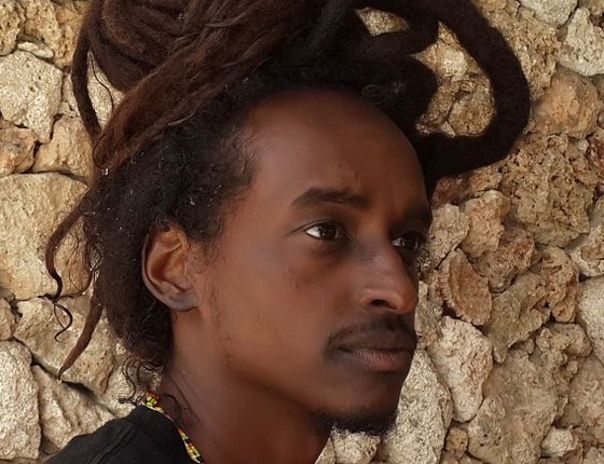On the Language of Trauma in Differing Cultural Contexts
Berlinale Talent Press participant Liz Chege interviews Hajooj Kuka about his film BEATS OF THE ANTONOV.

Hajooj Kuka
After an epic journey to Berlinale 2016 consisting of three separate flights and an eight hour car journey, it was a privilege to speak to Hajooj Kuka who almost couldn’t make it to the festival this year either. I spoke to him about his film BEATS OF THE ANTONOV which screened last year at Berlinale and the theme of psychological trauma which was explored in the documentary. In particular, Kuka mentioned the expectations audiences had prior to watching his film and the actual experiences of the people displaced by war. In this interview excerpt, Kuka talks about the importance of context and language when discussing the theme of this year’s Berlinale Talents programme, “The Nature of Relations”.
I asked Kuka about how in his film, the people have been through traumatising experiences due to the civil war in Sudan, and to tell me about his journey during the filming and what he witnessed in the context of mental health. His response was: “When you think ‘relations’ in this context [Germany], I feel like we’re looking at a Eurocentric perspective… When it comes to drama and mental health through my work, people who have seen my film look at the music and how people have been able to use their culture. And they start by talking about the mental health and how people there ‘must’ be traumatised. From time to time, an NGO would come through and see our work and say ‘oh this is good for drama healing and ask ‘how is this affecting the people? People are dancing and happy’ and I would say I don’t understand what you're looking for but I don’t see it.
Maybe later the trauma is going to show up because it’s deeper, but they kept saying the trauma is there and we just need to figure it out. For a time, I started to believe that and I began to look for it, but after a while, I realised this is a Eurocentric way of looking at it…this is a very different culture, a different war…I think one of the troubles we have with mental health is that the vocabulary we have right now is limited.”

